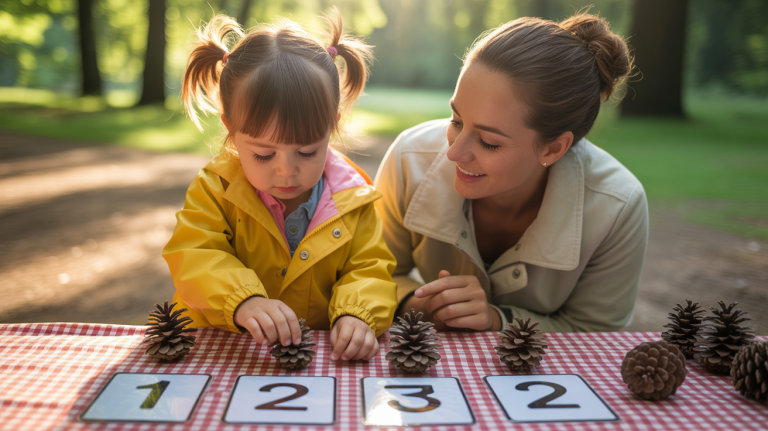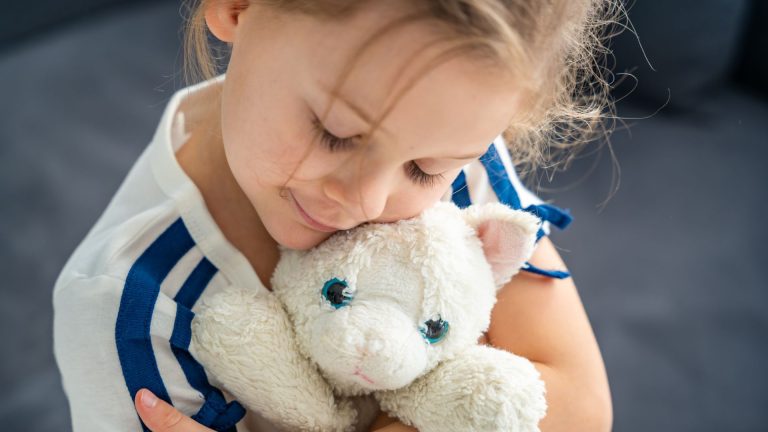Why Equestrian Activities Are Important During Education?

Have you ever watched a child around a horse? I mean, really watch and observe what’s going on? You’ll find something magical, and it’s not only about the riding.
It’s about the way they observe, listen, move carefully, explore new boundaries, and suddenly grow three inches taller in confidence. Well, that’s the beauty of equestrian activities in education. They sneak life lessons that cannot be learned from books, while everyone thinks they are just having fun with ponies.
There is something about that connection to nature that not only gives children a break from screens but also gives them a feeling of connection, both physical and emotional. In a world with standardized tests and constant stress, even from a young age, sometimes kids need a more unusual approach that will help them become better human beings.
And this is not just shared stories, but there is actual solid evidence that equestrian programs can significantly boost a child’s development, both in school and in life.
Let’s break down why horses might be the next best thing that your child needs.
1. Equestrian Activities Teach Real-World Responsibility
School and education are more about teaching kids about responsibilities rather than actual knowledge. This is a skill that will help them grow as individuals later in life. But sometimes, standard education is slow in teaching kids to take responsibility. This is where your role as a parent in your child’s education comes in.
Horses are animals that aren’t exactly low maintenance. You can’t just power them down like a tablet. They need food, grooming, exercise, attention, and a lot of patience.
And that’s kind of the point.
There is something about kids taking care of horses that introduces a sense of responsibility that is hard to fake. On equine programs, they must show up on time, learn to follow instructions closely, muck stalls, carry feed, check hooves, and learn the work before and after they ride.
You might be thinking, Why would I allow my kid to go through all of this hard work? Well, this hard work will make them better people. They will value the ride more, they will be more responsible, and they will care more for the people around them.
2. Horses Build Confidence in a Way Classrooms Often Can’t
Here’s the thing about riding a horse: you’re not just sitting there. You’re leading a 1,000-pound animal using your voice, your posture, and your mindset. That’s power, and when kids feel that power, they grow into it.
Equestrian activities help kids:
- Overcome fear (because yes, horses are big!)
- Build patience (because horses don’t always do what you want)
- Develop a growth mindset (nobody gets perfect posture on day one)
There’s something special about earning a horse’s trust and having to trust it back. That kind of mutual respect builds confidence that doesn’t feel artificial or forced. It’s earned. And that confidence spills over into other areas, public speaking, group projects, and even test-taking.
Once they participate in one equine program, they will scream for more. Even taking your kids to a fun horse racing derby might be a good idea. Yes, this might be more for grown-ups, but there are still some local races that have a family-friendly environment.
Your kids will be around horses having fun, and you, on the other hand, can place a bet with the help of the racing picks by TwinSpires, and maybe go home with some money in your pocket.
3. It’s an Emotional Outlet
Not every kid is a talker. Not every kid feels safe in a classroom. But many kids, especially those struggling with anxiety, ADHD, or emotional trauma, find comfort around horses.
Equine-assisted therapy is already widely recognized for its benefits. But even in non-therapeutic settings, equestrian activities provide:
- A sense of calm
- A structured, consistent routine
- A non-verbal emotional connection
Some kids find it easier to process big emotions while brushing a horse or trotting through a field than they ever could at a desk. And sometimes, that’s the difference between shutting down and opening up.
4. It Encourages Physical Activity
Riding looks easy until you try it. It’s a full-body workout. Core, legs, balance, coordination, it’s all there. But unlike traditional sports, equestrian activities don’t always feel competitive. They’re about control, not aggression. Grace, not speed. It’s physical activity with a purpose beyond burning calories.
For students who feel alienated by team sports or pressured by performance, riding can be a way to get moving and stay fit without feeling judged.
5. It Teaches Respect
Equestrian programs tend to come with a built-in culture of respect. You have to respect the horse, the instructor, the barn, and—most of all—yourself. Acting recklessly around horses isn’t just discouraged—it’s dangerous.
Kids quickly learn:
- To read body language (horses and humans)
- To be kind but firm
- To take care of equipment and animals alike
- That trust is earned, not assumed
That kind of respect translates back into the classroom, onto the playground, and into future relationships. Plus, it reinforces empathy in a way textbooks just… can’t.
6. It Connects Kids With Nature (In a Screentime World)
When you’re riding a trail or grooming in an open barn, you’re not scrolling. You’re not refreshing. You’re not staring into blue light. And let’s face it: most kids today are more familiar with emojis than the sound of hooves on gravel.
Equestrian activities bring back something we’ve lost: real-world, outdoor experience. Fresh air. Dirt. Sunlight. Seasons. Bugs. All the stuff that makes childhood feel, well, real.
So, this isn’t just a hobby for rich kids. Equine activities teach responsibility, confidence, empathy, and emotional control, which are things that children cannot learn from books.






